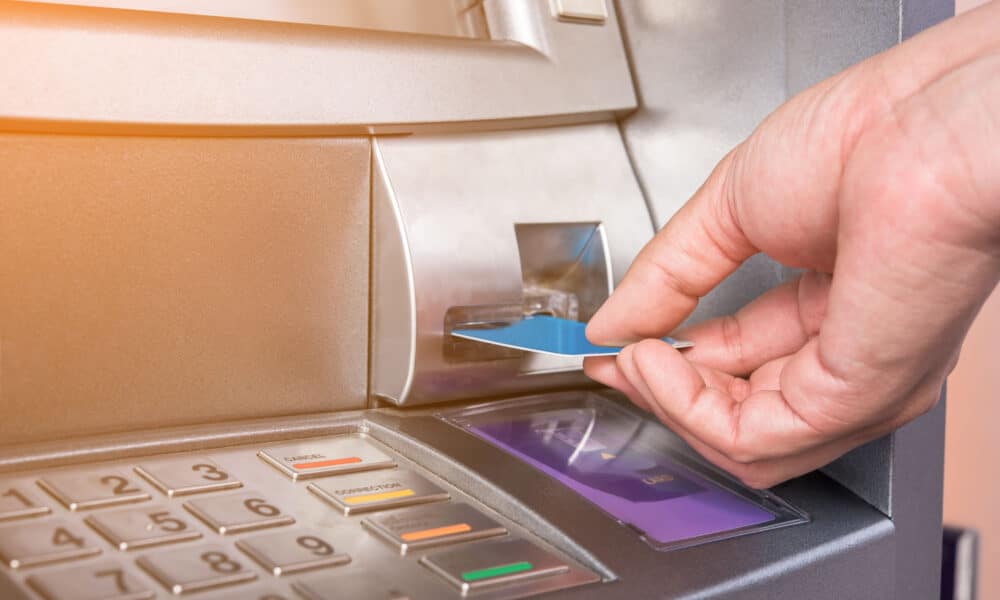The promise of recovering money forgotten for several years has led to losses for a growing number of Brazilians, according to a warning from the Central Bank (BC). Since the end of last year, BC has noticed an increase in SVR fraud attempts.
Carlos Eduardo Gomez, BC Head of Corporate Services, highlights that although the technology used by scammers may vary, the procedure itself is quite consistent. Criminals simulate consultations on fake websites and applications outside the monetary authority environment, obtaining fictitious amounts generally between R$1,000 and R$3,000.
The scammers then instruct the victim to click on a fake link and make a payment of between R$45 and R$90 to release the forgotten amount. After payment, the scammers disappear without further contact, leaving the victim with a financial loss. Gomez points out that although a transfer of less than R$100 may seem insignificant, it can cause significant losses for low-income earners.
Receivable value system
BC did not provide specific statistics, but noted a significant increase in complaints through service channels, such as the Fale Conosco system and phone 145, especially between the last week of December and the second week of January.
Gomez points out that technologies are evolving, pointing to the use of AI videos that contain false testimonials from celebrities or authorities. The Securities Commission issued a warning about false receivables requests at the end of November.
Despite the scams, Gomez explains that BC's security systems and banks have not been compromised. Criminals direct people to fake websites, often based in Eastern Europe, but the amounts received remain safe in the financial system.
Social engineering
Most scams involve social engineering, where the victim provides data to criminals. Gomez highlights the importance of protecting personal information and advises victims to contact their bank or card operator to report the fraud and request a refund, if possible. In case of fake orders, it is recommended to file a complaint with your local Procon company, and if fraud occurs, go to the police station to file a police report.
(With Brazil agency).

“Hardcore beer fanatic. Falls down a lot. Professional coffee fan. Music ninja.”


![[VÍDEO] Elton John’s final show in the UK has the crowd moving](https://www.tupi.fm/wp-content/uploads/2023/06/Elton-John-1-690x600.jpg)



More Stories
The 4-day work week could become a reality for those who have a formal contract
Limpa Nome promises discounts of up to 99%.
Foz de Amazonas: Obama technicians recommend rejection – 10/29/2024 – Environment